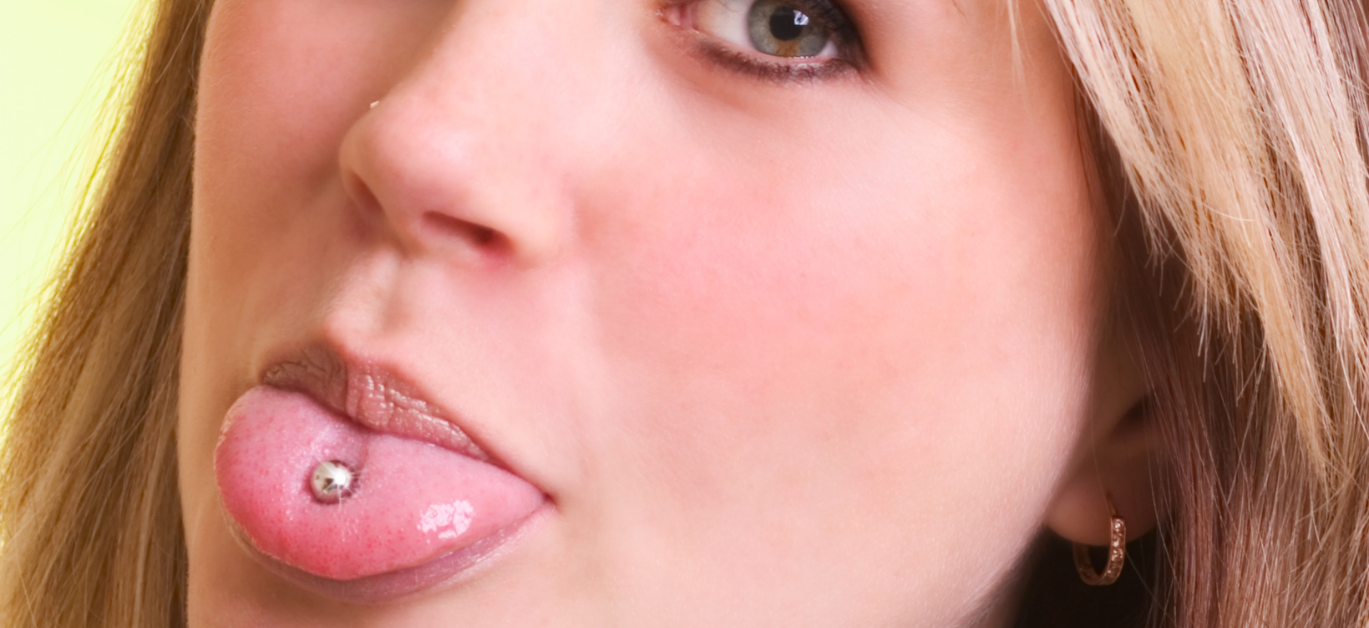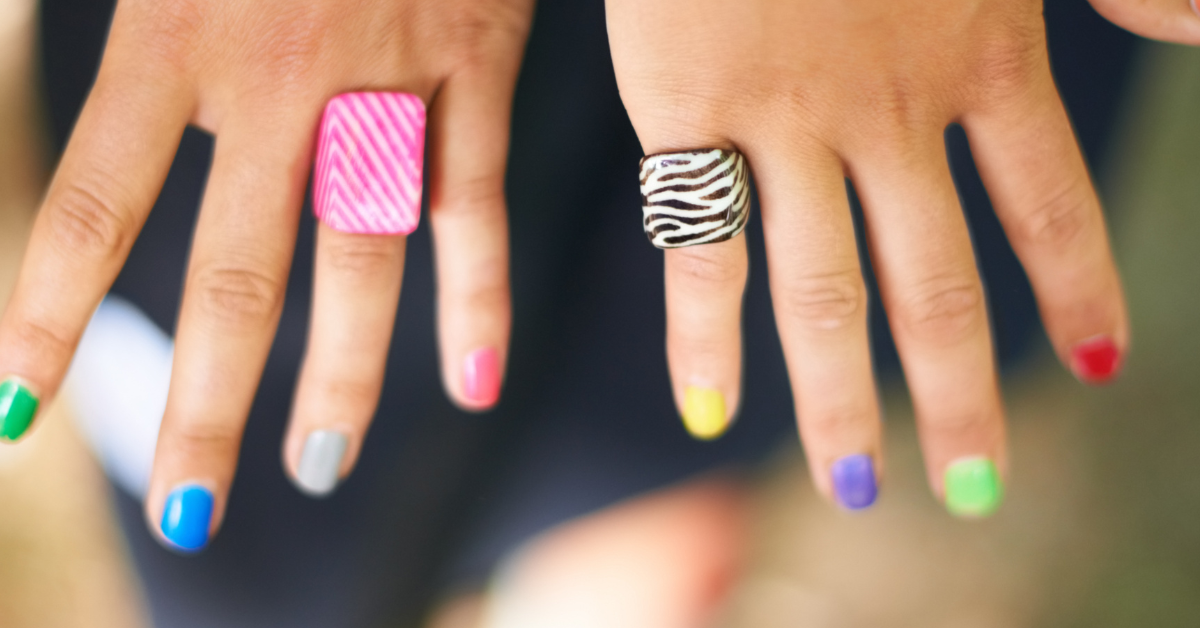At a first glance, when talking about the “best form of expression” comes up the most obvious: is verbal or facial expression. And only then do we go further.
Speak well: it facilitates communication. Look good: opens doors and sympathy from others.
But the truth is that each of us has a unique fingerprint. And it may not be more likely that each of us is a unique form of absolute truth.
Are you intrigued by this perspective?
We are talking about self-expression.
Your self-expression: you give. And then you receive.
We can speak the same language, and we can live under the same rules, but still: we don't all think in the same way, and we don't all feel the same way when exposed to the same stimuli. And we all occupy space in the physical world: we have an energetic signature.
The question that arises here is: are you representing yourself well? Are you expressing yourself in a way that is unmistakably your own, such as your fingerprint?
Why does this matter?
Because at the limit, your way of expressing yourself can determine whether you have what you really want or not.
It can determine whether you be what you really want to be or not.
This goes a little beyond appearances. It's about self-expression.
It's about how you share yourself with the world.
It's about the energy you put into the world. And the energy you put into the world: will inevitably have its return. Sooner or later. Good or bad. And if you accept the concept of reincarnation: in this life or in the next.
And the energy you put into the world can eventually be that of non-expression (or distorted expression): that comes off suppressing emotions. And that too has its return.
Non-expression or suppression of emotions: the moment we realize that being authentic has a cost
When do we somehow learn that repressing emotions is a matter of group/family survival?
Probably back there in childhood, with some trauma.
The moment we realized that being authentic can have a high cost probably happened way back in childhood.
When at some point the child realized that if he were authentic in his form of expression: he would lose the affection of whoever was in charge of taking care of that child.
How many times as children have we been exposed to emotionally castrating comments like these:
- if you behave “such”, mom/dad will no longer love you;
- a man does not cry;
- a well-behaved child does not question: he must obey his elders.
And that's just to mention the most obvious examples.
Basically, parents are trying to discipline their child to “prepare” for their integration into society and later at school, and at work.
But it is a discipline that comes from suppressing emotions. It is not a discipline that comes from the management of emotions.
But emotions stay there, just the same, in a biological register.
So we grow up, embedding emotions instead of dealing with them.
And we learn to suppress our emotions because the subliminal message is: if you're authentic, you're punished. And so begins the epic of non-expression. As a defense mechanism against the terror of being ostracized from the love of parents/family/society.
Transmute emotions instead of suppressing them: to better express yourself
And this can perpetuate itself in adult life, masked in other less healthy ways (addictions, and eating disorders, are examples of this)
If children learn to recognize the emotions they have, give them a name: frustration, rejection, anger…. Know where those emotions come from and then learn how to channel or transform the energy of those emotions.
As adults, we can have flashes of these strong emotions, more or less conscious, of this fear of loss of love/affection/recognition/belonging to the community.
And those flashes of strong emotions can manifest in the way we express ourselves.
And one way to reverse, and transmute the energy of these strong emotions, which we associate with some traumatic childhood event: is through expression.
Some do it out of anger, some do it out of a need to control others. Others do it through people-pleasing behaviors.
But there are also those who do it in a way that is good for themselves and good for others: through art, writing, sport, or simply through work itself…
It is a very personal process. Each person has their own.
And you? Do you already know what your best form of expression is?
Your best form of expression
Your best form of expression is the one that shares the authentic you with others. Not only does it make you a happy person - you feel good when you express yourself well, but at the same time, you contribute to others in a useful, constructive way. It adds value.
Yes, that's how it is: it's dual. Good for you and good for others.
Do you already know the best way to express yourself?
Sometimes we don't really know.
After so many years of suppressing emotions, we end up not knowing what best represents our person, in a genuine way: that comes from within for the world and not to please the world.
And when we realize that we are not expressing ourselves well?
When we feel that we are surrounded by people who don't understand us. We feel misunderstood: as fish out of water. Always being called to play a role: so we can “blend in”.
In reality, we are creating connections based on false assumptions.
Others' fault or ours?
Perhaps ours: that we are “speaking” a language that in reality is not ours.
And we attract people who understand this language we are speaking: but which does not represent much of who we are.
We attract for what we look like, not for who we are. And for one reason: we were not given the space to discover who we really are. And we did not try to find out, either.
It's like falling into our own trap of pseudo-self-expression.
Self-expression: what it is not
Before moving on to some forms of self-expression, in order to analyze or improve skills, it is important to know what self-expression is not.
The purpose of any form of expression is to establish communication.
That you want it to be healthy communication. At the outset, we want to express what we think, what we are, who we are, our ideas, and what we feel, with the aim of creating bonds, so that there are common fields of interaction: which are intended to be authentic. True connections.
Self-expression is not:
- Get Popularity
- Want to control
- Want to manipulate
If that is the intent of the expression, what you will establish are toxic relations of codependency or exploitation, which are not healthy at all.
When the masks fall and the intentions are exposed, the feeling that will remain will be one of fraud: for both sides.
It may work for a while: but it is unrewarding in the long run.
Even in less emotional contexts, involving professional practical issues.
Forms of self-expression
Ordinary mortals express themselves fundamentally in two ways:
- verbal, written, or oral language
- body language
Yes: the body talks. It speaks through posture, facial expressions, gestures, discomfort in the bowels, the heartbeat, the pressure in the stomach, and the sparkle in the eyes. The body speaks.
But there are also those who express themselves through art, any form of art: music, dance, fashion, plastic arts (painting, sculpture, crafts), photography, and scenic art.

The important thing here is to convey the message that best expresses what we want to convey.
Whether ideas, projects or… feelings, or emotions. Yes, the much-neglected feelings and emotions, play a fundamental role in everything we do: either it makes us happy or it doesn't. Whether work or play: the emotions are there.
Having said that: do you already know how to express yourself better? Or what are the areas where you need to improve your ability to express yourself?
How to improve the way you express yourself
If you have difficulty expressing yourself, the best way to improve this competence is: to practice.
Here are some ways to practice your self-expression:
- Video recording (video journaling)
If you have difficulty verbalizing, make a kind of video diary. You can use your laptop's camera and talk to yourself about whatever subject: as if you were talking to someone. It's healing.
It can serve to motivate you, it can serve to vent, and it can serve to organize ideas while you talk about the subject you have in mind. And in the meantime: you train verbal communication.
- Written record (journaling)
Basically when you write: you put on paper what occupies your mind. Whether it's creative writing or a diary of sorts: it's excellent.
It is an exorcising of such emotion.
If you're confused about any topic: writing helps to rationalize emotion. If it's some disturbing emotion and you can frame the situation from another perspective, giving it a different meaning from the one you have and it disturbs you in some way: it's almost healing. It's like you're teaching your body to feel that emotion in a different way.
- Body language
Physical activity in any form: it helps to have a better relationship with the body and to improve body language: posture, gestures, and expressions.
Actually, the fact that you are doing exercise forces you to be aware of bodily sensations: even pain. And we train ourselves to listen to the body. To be there when we feel good, and when we feel bad. And act accordingly.
When we are used to listening to the body, it is easier to feel the physical discomforts of some situations, and to act to restore well-being, instead of walking through life anesthetized, receiving the body's signals saying "something is not right, here” and systematically ignoring the numerous warnings that the body gives us.
Who says physical activity can also be dance, which also enters the category of artistic activities?
Anything that gets the body moving, that forces us to feel, also helps us to express our emotions in a healthy way.
- Artistic activities
Theater for example is used as psychotherapy to help fight shyness, stress, and depression.
And most plastic artists transport their emotions into the art they create. It is a way of expressing and transmuting emotions.
The most important thing is that there is integrity between the person you are, how you verbalize, and how you act.
If for some reason you got too into the character of your social avatar and you think you have to lie to maintain the “social avatar”, whether they are “white” lies or not: get in the habit of telling the truth.
Schedule the weekly no-lie day: you create a self-prohibition, on a specific day of the week, from lying to anyone.
And telling the truth doesn't have to be a drama: as long as you do it from a place of self-love (you're being loyal to yourself) and not from a place of fury to punish or punish someone with your words.
Trust that your adult interlocutor will know or learn to deal with what is true for you.
Even children can hear less pleasant truths: the only thing you have to adjust is the language you use.
Getting Better Every Day
Self-Expresssing Hugs
From Body&Soul!
Hey! I'm Eunice Veloso and you'll find more about me on my About Page
"In nature, nothing is lost, nothing is created, everything is transformed"
Antoine Lavoisier, 1789
The Law of the Conservation of Mass


Pingback: Your Expressiveness: Is Your Throat Chakra “Au Point”? | Body&Soul